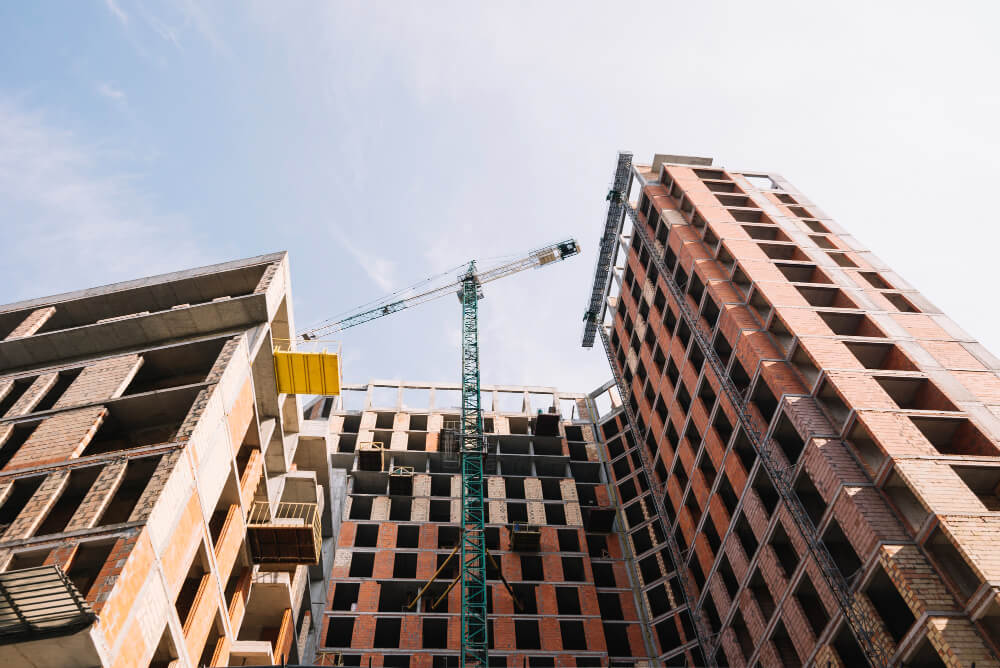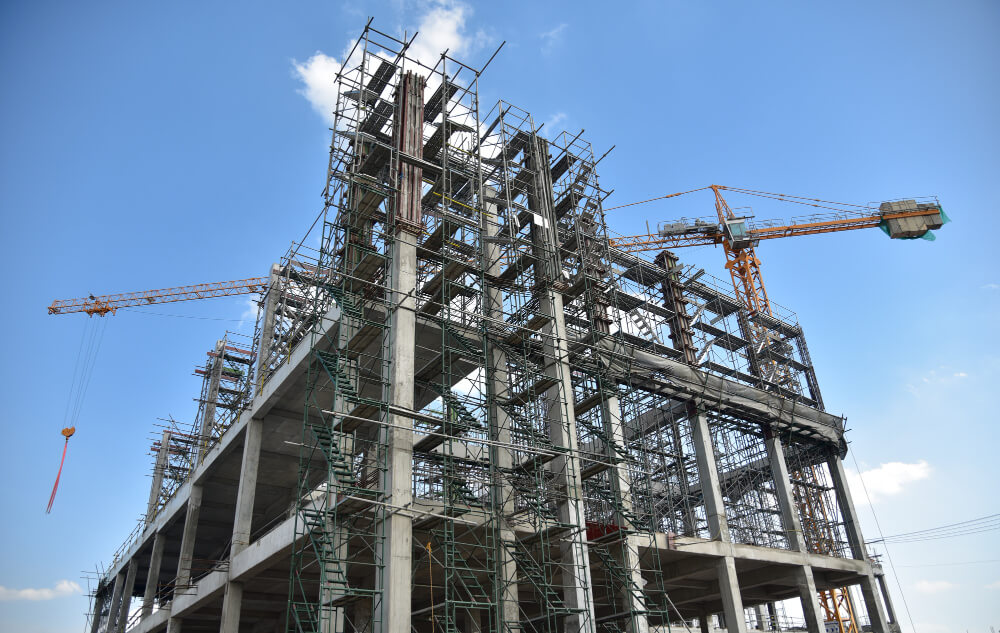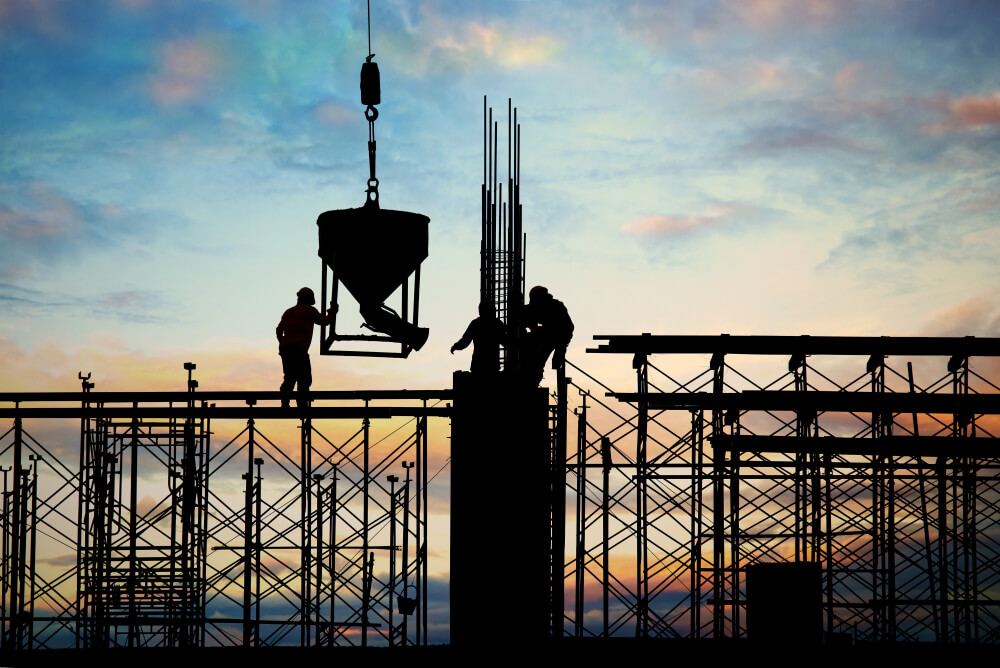Planning and Design
In the planning and design phase, AI is revolutionizing how projects are approached. By using advanced algorithms, it is possible to create precise and detailed 3D models, facilitating the visualization and analysis of the project before execution. Computer-aided design (CAD) programs integrated with AI can suggest improvements to plans, optimizing material usage and reducing costs. Additionally, tools like Building Information Modeling (BIM) benefit greatly from artificial intelligence, allowing for more effective coordination between the various teams and disciplines involved.

Simulations and Predictive Analysis
AI enables simulations and predictive analysis, anticipating potential issues before they occur. For example, different weather conditions and their impact on the project can be simulated, aiding in more efficient planning. Moreover, analyzing historical data and patterns can predict structural failures, allowing for preventive measures and avoiding costly delays or accidents.
Project Management
Managing construction projects is a complex task involving the coordination of multiple activities and resources. Artificial intelligence can simplify this process by automating routine tasks and optimizing resource allocation. AI tools can analyze project progress in real-time, identifying deviations from the original plan and suggesting adjustments to keep the project on track. Additionally, AI facilitates communication between different teams, ensuring everyone is aligned and working efficiently.
Quality Control and Safety
AI also plays a crucial role in quality control and safety in construction. Through the use of drones equipped with cameras and sensors, detailed inspections of works can be conducted, identifying potential defects or risks without endangering workers. These drones can capture images and videos that are then analyzed by AI algorithms, detecting issues that might be missed by the naked eye. Additionally, real-time monitoring systems can alert to hazardous conditions, improving workplace safety.
Predictive Maintenance
Once the project is completed, artificial intelligence remains useful in the operation and maintenance phase. Predictive maintenance systems, powered by AI, use sensors and data analysis to monitor the condition of infrastructures, anticipating failures and scheduling repairs before they become major issues. This not only extends the lifespan of buildings and structures but also reduces maintenance costs and enhances safety.
Sustainability and Energy Efficiency
Sustainability is an increasingly important aspect of construction, and artificial intelligence can significantly contribute to this area. By analyzing data on energy use, AI systems can identify opportunities to improve energy efficiency in buildings. This includes optimizing heating, ventilation, and air conditioning (HVAC) systems, as well as efficient use of lighting and other resources. Additionally, AI can help select more sustainable construction materials and design buildings that minimize their environmental impact.
Artificial intelligence is changing how construction is carried out, offering innovative solutions that enhance the efficiency, safety, and sustainability of projects. From planning and design to project management and predictive maintenance, the applications of AI are numerous and varied. As technology continues to advance, it is likely that we will see even more innovations that transform this sector, making construction smarter and more sustainable.







